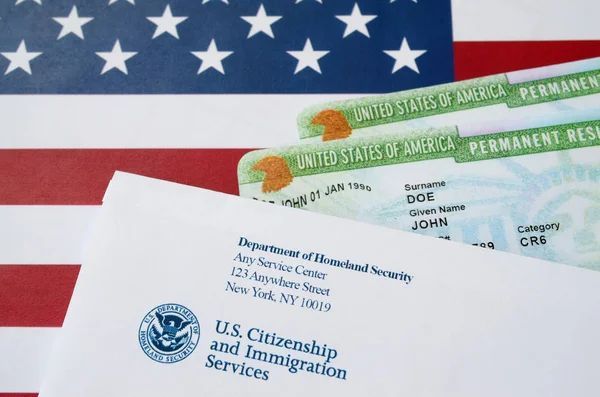🗣️ Fluent in English, Spanish & Portuguese 🌍
The Ongoing Debate on Amnesty in the United States: Time for a New Discussion?
In the realm of U.S. immigration law, amnesty stands as a significant yet contentious concept. It is a topic that intertwines legal intricacies with human stories, reflecting the diverse tapestry of American society. This article aims to provide a clear understanding of amnesty's role in U.S. immigration, tracing its historical roots and exploring its potential future.

Understanding Amnesty
Amnesty, in the context of immigration, is a governmental act of pardoning individuals for violations of immigration laws, often leading to legal status. It represents a beacon of hope for many navigating the challenging paths of U.S. immigration.
Historical Perspective on Amnesty
Immigration Reform and Control Act of 1986 (IRCA)
The IRCA was a significant policy change, signed by President Ronald Reagan, which granted amnesty to nearly 3 million undocumented immigrants. This act represented a shift from strict immigration control to recognizing the need for a practical solution for the large undocumented population.
Nicaraguan Adjustment and Central American Relief Act of 1997 (NACARA)
NACARA offered relief and a route to permanent residency for individuals from specific nationalities, reflecting the U.S. response to the unique geopolitical circumstances of the time, including civil unrest and political instability in their home countries.
Deferred Action for Childhood Arrivals (DACA) 2012
DACA, although not a traditional amnesty program, provided temporary protection and work permits to undocumented immigrants brought to the U.S. as children, acknowledging their unique circumstances and ties to American society.
The Current State of the Amnesty Debate
The amnesty debate in the U.S. is sharply divided along political lines. Democrats generally advocate for comprehensive immigration reform, including pathways to citizenship for undocumented immigrants. In contrast, Republicans focus on border security and the rule of law, with concerns about the potential impacts of illegal immigration.
Arguments for a New Amnesty Program
Proponents of a new amnesty program argue that it would bolster the economy, enhance social cohesion, address humanitarian issues, and reduce exploitation of undocumented workers.
Counterarguments
Opponents of amnesty suggest that it might incentivize illegal immigration, strain public resources, and raise fairness issues compared to those who follow legal immigration channels.
The Need for a New Discussion
The complexities of the U.S. immigration system require innovative and humane solutions. A new discussion on amnesty should encompass comprehensive immigration reform, economic impact assessments, strategies for social integration, and a balanced approach that respects both the rule of law and the realities faced by undocumented immigrants.
Conclusion
The amnesty debate is not just a legal issue; it reflects the nation's values, its approach to human rights, and economic policy. It calls for a thoughtful, balanced, and forward-looking discussion that recognizes the complexities of immigration and its impact on the fabric of American society. As America evolves, so should its approach to embracing those who seek to be part of its future, navigating the complex tapestry of amnesty in U.S. immigration policy.

By Juan Torrico
•
January 16, 2025
Discover the latest updates on Temporary Protected Status (TPS) as new countries are added to the list, providing crucial support for individuals facing crises. Learn about eligibility, application processes, and the benefits of TPS to secure your future in the U.S.
CONTACT US
950 S. Winter Park Dr., Suite 207
Casselberry, FL 32707
PRACTICE AREAS










